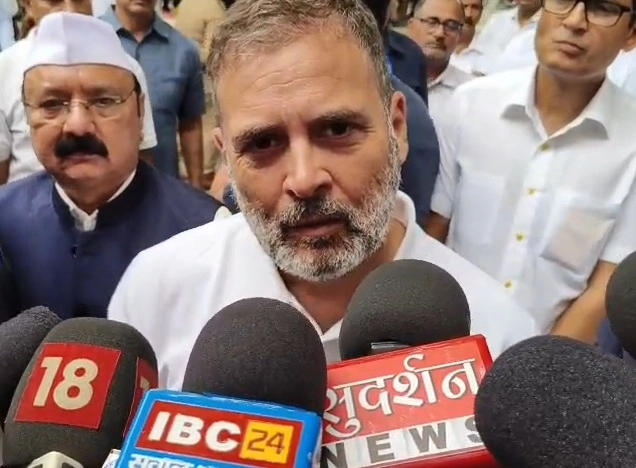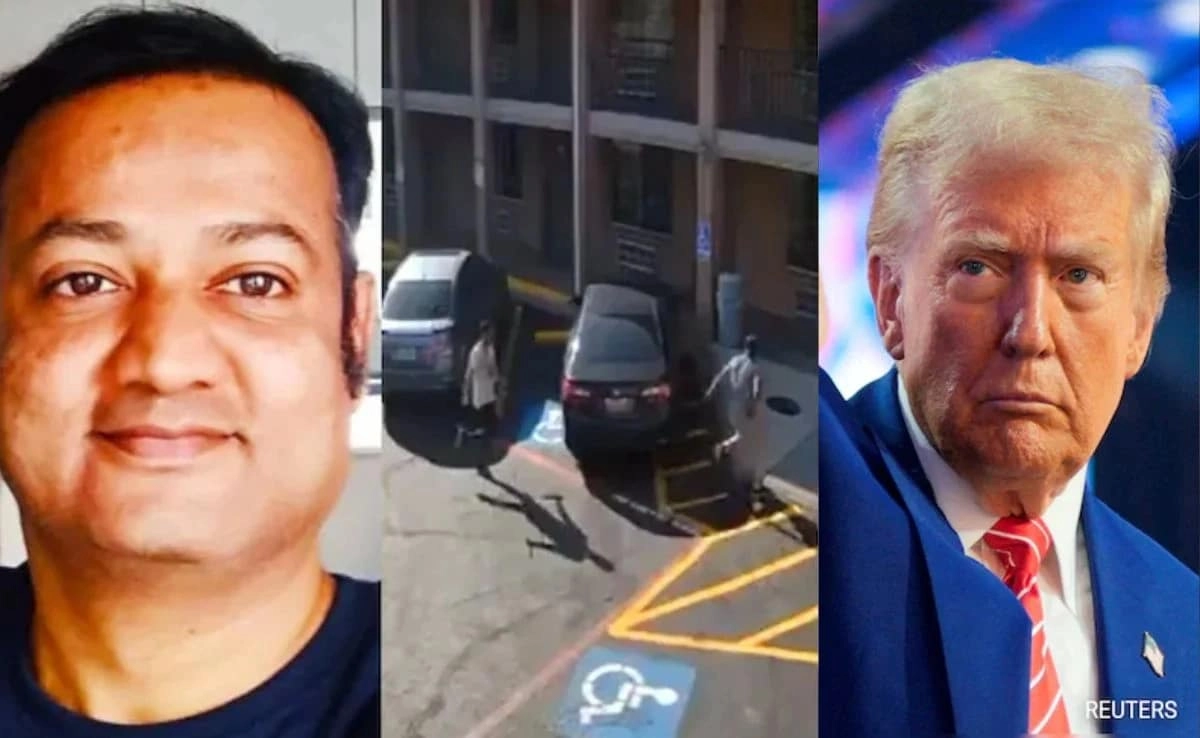In a recent address, Rahul Gandhi issued a stern warning to the Bharatiya Janata Party (BJP), urging them not to get agitated in response to the ongoing political discourse. His comments come at a time when tensions are high and political rivalries are intensifying in the lead-up to crucial electoral battles. Gandhi emphasized that the current political climate demands a measured approach rather than impulsive reactions, highlighting the importance of constructive dialogue over confrontational tactics. By using the metaphor of a “hydrogen bomb,” he underscored the potentially explosive consequences of escalating tensions, suggesting that heightened aggression could lead to significant fallout for all parties involved.
Gandhi’s statement reflects a broader concern about the state of political affairs in India, where divisive rhetoric and hostile exchanges have become increasingly commonplace. His call for calm resonates with many who believe that the health of India’s democracy relies on the ability of political leaders to engage in meaningful discussions rather than resorting to inflammatory language. By framing his warning in such stark terms, he aims to remind the BJP of their responsibility as a ruling party to foster unity and peace, rather than sow discord among the populace.
The implications of Gandhi’s remarks extend beyond mere political rivalry; they serve as a reflection of the societal tensions that have emerged in recent years. Many citizens are weary of the constant turmoil and are searching for leaders who prioritize collaboration and empathy over aggression. In this context, Gandhi’s appeal for restraint is not only a tactical political move but also a call to action for all parties to reconsider their approach to governance and public discourse. Ultimately, the desire for a more stable and harmonious political environment is one that transcends party lines and speaks to the aspirations of the Indian electorate.
As the political landscape continues to evolve, it remains to be seen how the BJP will respond to Gandhi’s warnings and whether they will heed the call for a more constructive approach. The coming months will be critical in determining the direction of Indian politics, and the ability of leaders to engage in civil discourse will play a significant role in shaping public sentiment. Gandhi’s message serves as a reminder that the stakes are high, and the choices made today will have lasting consequences for the future of India’s democracy.




